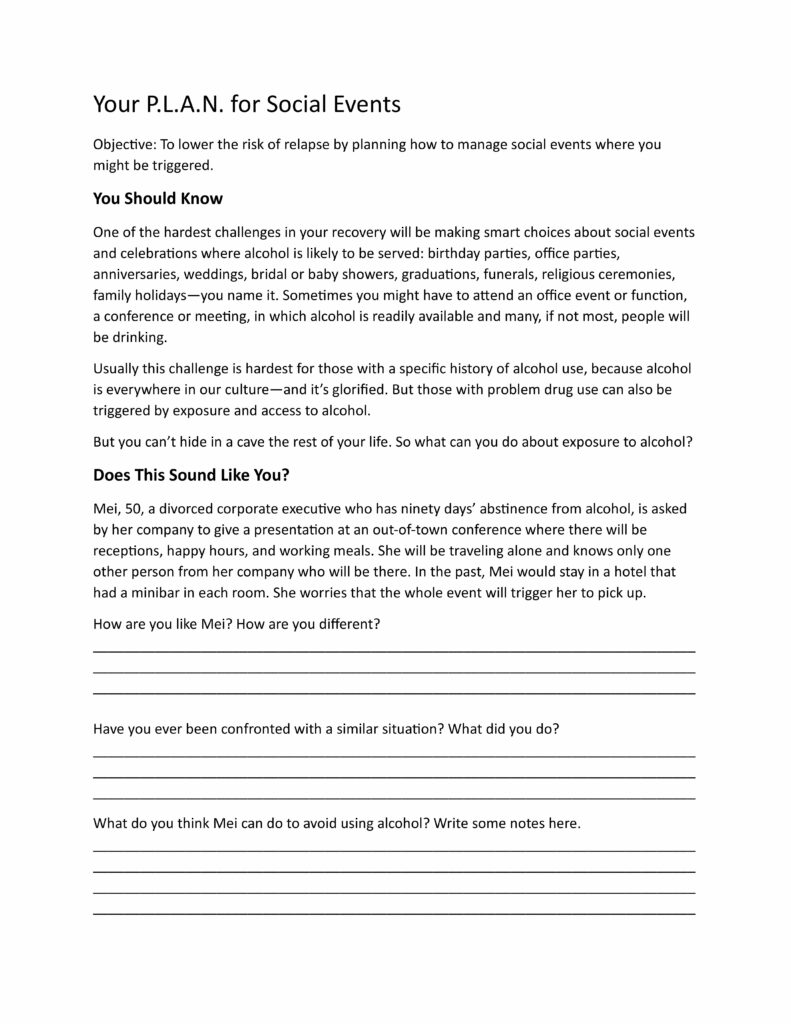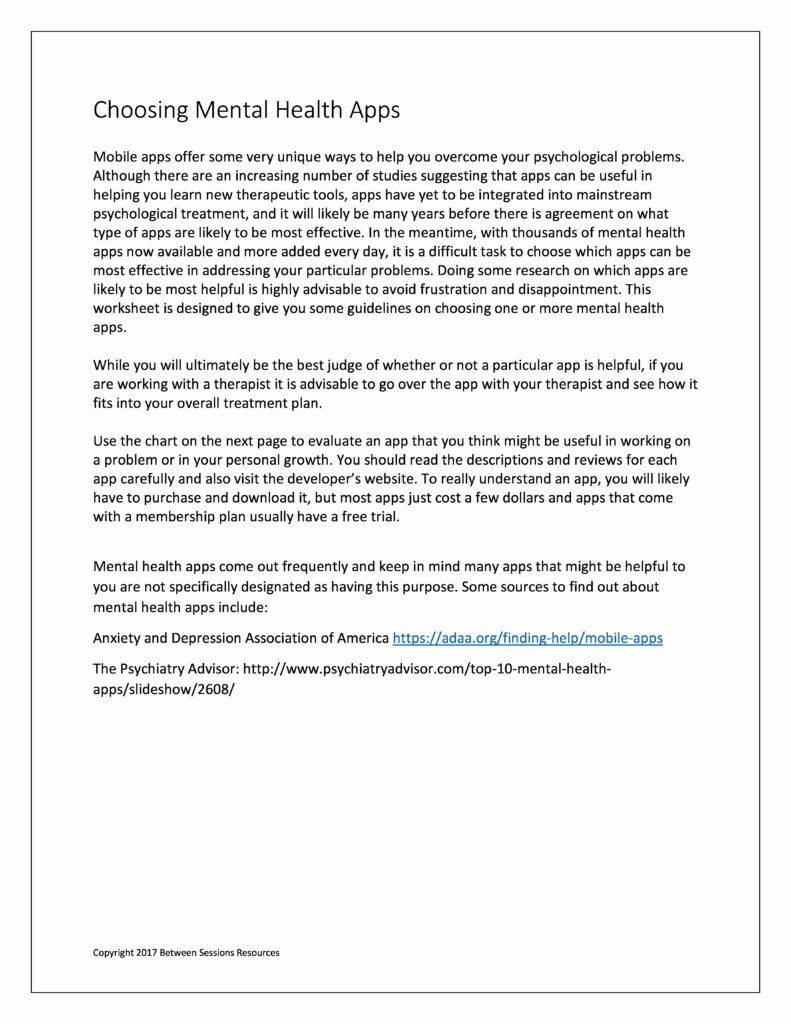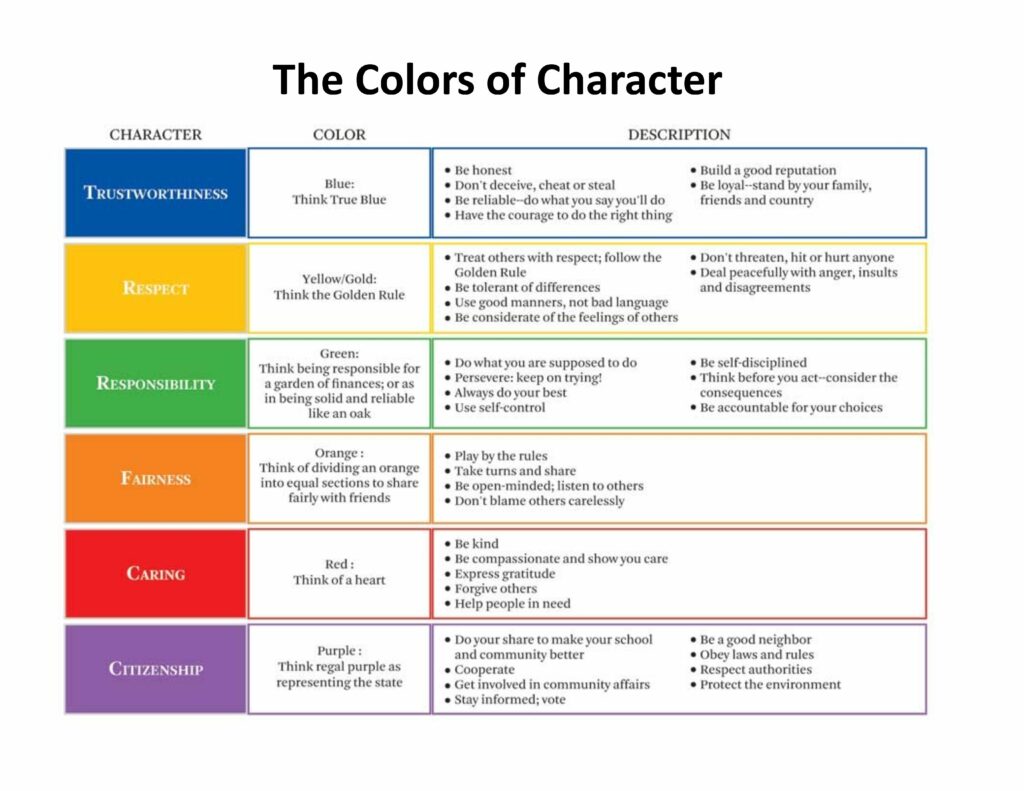Teens have a special way of communicating and learning about themselves, so we’ve made sure that all our therapeutic activities for teens are appealing and engaging to this age group.
To modify the tools, click the ‘Send to Client’ button by each tool to open the Psychology Forms Filler. You can then edit the tool as you see fit and either print it out or send it to a client to be filled out online. Click here for a tutorial on using the Psychology Forms Filler.
We’ve tried to address every teen issue we can think of, and more tools are added every week!
If you are looking for something you can’t find on this site, please let us know by clicking here and our team of writers, graphic artists, and therapists will custom-design it for you.
This worksheet is designed to help people who have problems with alcohol and drug use prepare for social events. The worksheet helps people P.L.A.N., which means: prepare, listen, acknowledge, and say no. (addiction, substance abuse, 0218)
The Mental Health and High School Curriculum Guide (U.S. version) is an evidence-based mental health curriculum that has been demonstrated to improve both teachers’ and students’ mental health literacy through teacher education and application in the classroom. There are six modules, with each module including information on teacher preparation, learning activities, and student evaluations. The guide was created under the leadership of Dr. Stan Kutcher. 171 pp. (0218)
This simple exercise encourages people to think about the things that make them smile and to practice “random smiling” through the day. In doing this, people can learn how easy it is to get in touch with their positive emotions. (art therapy, serotonin, 0118)
This worksheet is intended to help people understand and accept that the worries that trigger their anxieties are just thoughts. (0118, Generalized Anxiety Disorder, GAD, worry)
This worksheet, developed by the National Eating Disorders Association, asks people to recite statements on a daily basis which refute the irrational thoughts and destructive behaviors associated with eating disorders. (anorexia, bulimia, binge-eating, 1217)
This art therapy exercise asks people to think about the symbols or words that would represent the identify of their family. (insight, values clarification, family therapy, 1117)
This worksheet is designed to help people understand that their worries are not real and that they do not have to respond to them as if they were a real danger. The worksheet helps people learn to observe their worries as if they were watching a movie. (GAD, 1117, CBT)
This worksheet is designed to help people evaluate the potential helpfulness of mental health apps. (103117)
This chart can be used to help kids learn the six important character traits and demonstrate these behaviors at least once a week. Recommended ages 8-14. (character education, behavior management, 1017)
This worksheet is intended to help people think about the character traits they value and wish to develop. (insight, character development, 1017)










